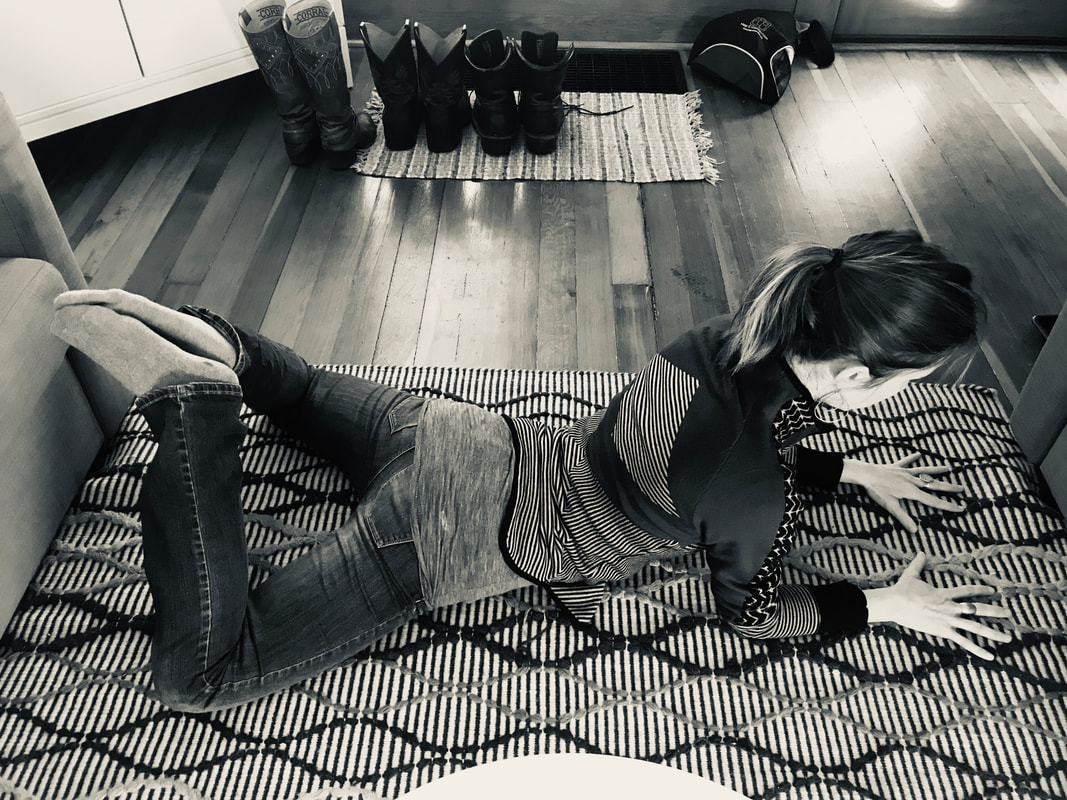 We live in remarkable times with an intergallactic platform and ideas of intellectual property. Sometimes I forget the intricacies of the universe and believe that my teaching belongs to me. (This is adorable). How do we request reasonable compensation, honor our teachers, respect boundaries, and not trample on one another? I’ve done this with a lot less grace than I would have liked - giving away my teaching for no compensation, forgetting where precisely I learned a teaching, and gotten territorial when I felt like someone was selling my teaching verbatim (or had outright stolen and reattributed my stuff word-for-word). Here’s what I know: Reciprocity is a value Does this mean you must be compensated to teach the yoga to the people? No. Does it mean that you must be thoughtful about how you exchange your time and energy? Absolutely. I believe strongly in bringing yoga to populations who cannot access public yoga classes - those who are hospitalized, incarcerated, and homeless. I also believe in valuing the work that we do in an interdependent world. When I go to the grocery store, I don’t ask for a discount because “I am a starving yoga teacher,” I pay what they ask, so I charge what I am worth. This is our cultural agreement in the West. Reverence is a value You may have heard me call myself “irreverent,” which is also true. I have selective reverence, and I value all of my teachers - those who sat at the front of the room, and those who kicked me when I was down. I give attribution to a teaching that is passing through my lips or hands by sharing the name of the teacher, what they taught me, and how I interpret it differently. Spewing quotes in yoga classes is not teaching. MLKJ said some wickedly impressive stuff and deserves attribution. AND deserves for what he offered to be mixed with what it means to you, how it relates to your students, and where and how you agree (or not). Reverence looks like this: “If I cannot do great things, I can do small things in a great way.” MLKJ Don’t just leave it there. Don’t make it about alignment in chatturanga. Tell me how small acts of self-love, like making the bed in the morning so I have something nice to crawl into at night, or acknowledging the existence of my yoga mat neighbor are opportunities for small greatnesses. Tell me a modern parable about a kindness that was repaid 1,000 times over. I’d also like to shout back to Anne Lamott who says that your story is your story, and if people didn’t want you to write about them, they should have been nicer to you. Kick me when I’m down? I’m gonna learn from it and teach it. (You’re welcome). When is it flattery and when is it flattening? Sometimes I read or hear the influence of my teaching, and it warms my heart. Teaching is my legacy, and it feels nice to know that what I taught someone resonated with them to the extent that they are passing it along. That is the goal of teaching, is it not? I don’t want a statue built in my honor, but I do want people to suffer a little less for the suffering I have experienced and learned from. Other times, I see people give handouts that I created with my name somehow missing. That feels different. Clearly, if it were only the teaching that mattered to me, this would not bother me. I would be grateful to see the lessons passed along. But I don’t think it’s just solid ego either. Sure, it feels like my legacy is unimportant if I don’t have attribution, but it is bigger than that. My opinion on the matter, is that teaching is how you interpret the various life events that have come to you, whether they come to you as teachings or otherwise. It is essential that you take this in and interpret it back out. If you simply redistribute the teaching of someone else, it misses this critical step, so when your students ask you for your opinion on the matter, or for some deeper nuance, you may be lost in the woods with no sense of how you got there.
0 Comments
Leave a Reply. |
PROGRAMS for Yoga Teachers:YIN Archives
September 2019
Categories
All
|
 RSS Feed
RSS Feed
